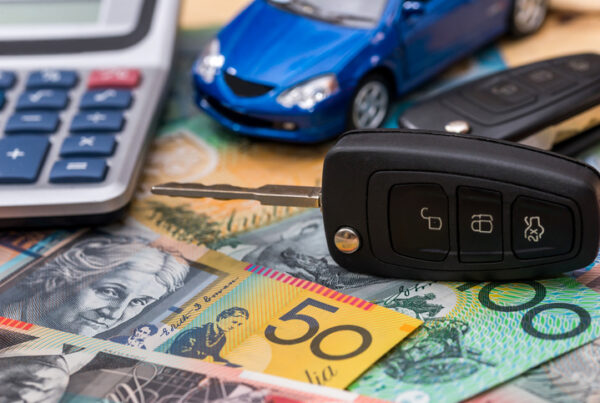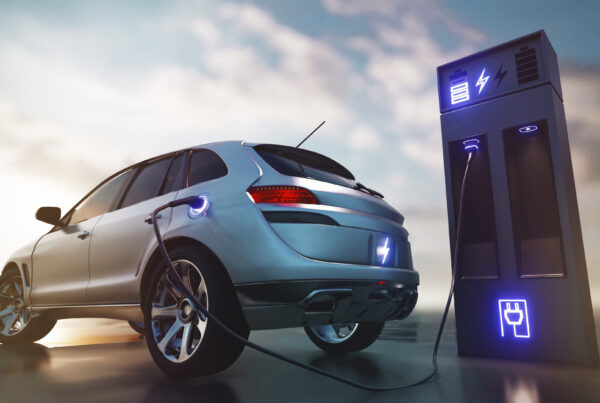China is facing an EV price war due to an oversupply of new vehicles and an aggressive pricing strategy initiated by BYD. In response, the Chinese government attempted to intervene in the auto market to prevent the price war from escalating.
GOVERNMENT RESPONSE
China’s Ministry of Industry and Information Technology (MIIT) not only urged manufacturers to stop the ongoing price war but met with them as well. Attendees of this meeting include Xiao Mi and Geely, to name a few.
The MIIT reportedly told automakers to “self-regulate” as not to worsen the situation. Companies were discouraged from overdoing their price cuts and selling their products below cost. Furthermore, China’s current production utilisation rate stands at 49.5 per cent, pressuring automakers to balance production and price.
BYD’S ROLE
A leading player in both global and Chinese EV markets is BYD. The EV maker, despite seeing monumental success at home and abroad, faced a huge loss of USD 21.5 billion (AUD 38.4 billion) in market value due to its huge price cuts.
Last week, BYD’s stock prices fell by a surprising 8.6 per cent. This fall is surprising, considering BYD’s stock prices reached its peak in May but expected because of their aggressive pricing strategy.
The Chinese Automobile Manufacturers Association (CAMA) claimed a “certain company” triggered the ongoing price war. It is implied that they were referring to BYD as the catalyst of the “vicious cycle.” BYD is one of 16 major automakers to commit to an agreement to “avoid abnormal pricing” made in 2023 alongside CAMA. However, CAMA immediately repealed this commitment a few days later and BYD’s pricing strategies have gone unchecked since.
Fortune reported rumours of BYD initiating a disruption in the supply chain to offset its debt of RMB 323 billion (AUD 69.16 billion). Significantly, a consequence of this disruption caused several of its dealerships in China to close.
INDUSTRY REACTION
Industry leaders like XPeng CEO He Xiaopeng believe that the price war is not yet over and has yet to peak. Analysts from Nomura predict that the market will not stabilise until a consolidation has occurred.
John Murphy, an analyst from Bank of America Corp., described the current price war as “disturbing” and echoed that a consolidation may occur. Unfortunately, this price war has disrupted China’s auto supply chain, prompting dealers to plead with automakers to “stop dumping too many cars” in their shops.
Furthermore, lowering prices may damage China’s car-making reputation, locally and globally. As of now, consumer loyalty in the auto sector sits at only 12 per cent with buyers prioritising vehicle specs over brand name. This statistic is especially concerning since 45 per cent of Chinese consumers are more likely to purchase an EV.
Industry experts expect consumers to adopt a “wait-and-see” strategy, anticipating potential further price drops. This strategy could further deflate and disrupt the current state of the market.
Though government intervention has already occurred, the price war is still a contentious and current issue in China’s auto market. Global markets may be spared from the effects of this price war if it does not intensify further.
Was this article interesting? Leave us a like to let us know!






